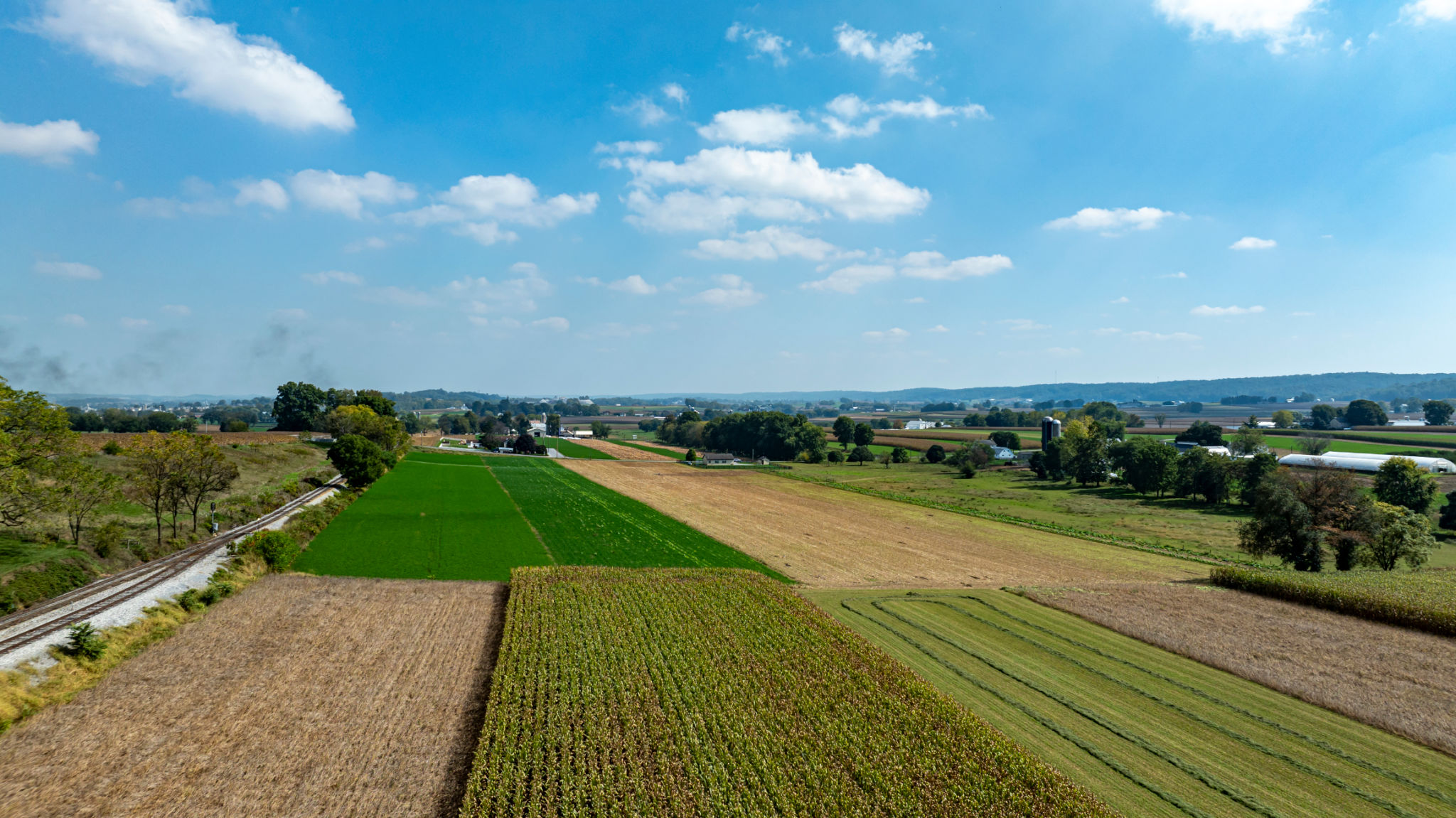Effective Pest Control Solutions for Farms in Indonesia: Organic Methods that Work
Indonesia, with its lush landscapes and fertile soils, provides a perfect environment for farming. However, these same conditions can also foster a variety of pests that threaten crops. Farmers in Indonesia are increasingly turning to organic pest control methods to protect their yields while maintaining environmental sustainability. In this blog post, we'll explore effective organic pest control solutions that are proving successful on Indonesian farms.
Understanding the Need for Organic Pest Control
Organic pest control is becoming more popular as farmers seek to reduce their reliance on chemical pesticides, which can harm the environment and human health. Organic methods focus on prevention and management rather than eradication, ensuring that crops remain healthy without compromising ecosystem balance.
Furthermore, organic pest control methods often promote soil health, biodiversity, and long-term sustainability. By adopting these practices, farmers in Indonesia can produce healthier crops while preserving the integrity of their land for future generations.

Common Organic Pest Control Methods
Biological Control
One of the most effective organic strategies is the use of biological control, which involves introducing natural predators or parasites to control pest populations. For example, ladybugs can be used to manage aphid infestations, while certain types of wasps are effective against caterpillars and other larvae. Biological control is a targeted method that minimizes harm to beneficial insects and overall biodiversity.
Companion Planting
Companion planting is another popular technique among Indonesian farmers. By planting certain crops together, farmers can deter pests naturally. For instance, marigolds are known to repel nematodes and other pests, making them an excellent companion for a variety of vegetable crops. This method not only helps in pest control but also maximizes the use of space and resources on a farm.

Cultural Practices for Pest Management
Crop Rotation
Crop rotation is a simple yet effective cultural practice that disrupts pest life cycles. By alternating the types of crops grown in a particular area each season, farmers can prevent pests from becoming established. This method is especially beneficial in managing soil-borne diseases and pests that specialize on specific crops.
Intercropping
Intercropping involves growing two or more crops in proximity. This practice can confuse pests and reduce their ability to find their preferred hosts. Additionally, intercropping can enhance soil fertility and reduce the spread of diseases. Farmers often combine tall-growing plants with low-growing varieties to optimize sunlight exposure and resource use.

Natural Pest Deterrents
Utilizing natural pest deterrents is another key strategy for effective organic pest control. Neem oil, garlic spray, and diatomaceous earth are popular choices among Indonesian farmers. These substances are derived from natural sources and are safe for both humans and the environment when used correctly. They offer a cost-effective and eco-friendly way to manage pests without resorting to synthetic chemicals.
Neem oil, for example, disrupts the growth and reproduction of insects, making it particularly useful against aphids and mites. Garlic spray acts as a repellent due to its strong odor, while diatomaceous earth physically damages the exoskeletons of soft-bodied insects.

Conclusion: Embracing Sustainable Practices
As the demand for organic products continues to rise, Indonesian farmers are finding that adopting organic pest control methods offers numerous benefits beyond just pest management. These practices contribute to healthier crops, improved soil quality, and a more balanced ecosystem. By embracing sustainable practices, farmers can ensure the long-term viability of their operations while also meeting consumer demands for environmentally friendly produce.
In summary, organic pest control solutions are not only effective but essential for sustainable agriculture in Indonesia. By leveraging biological controls, cultural practices, and natural deterrents, farmers can protect their crops and promote a healthier environment for all.
